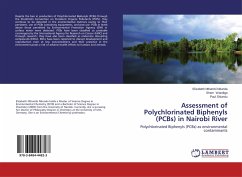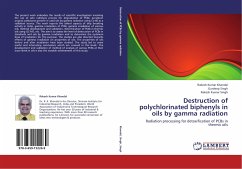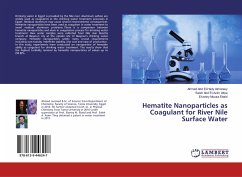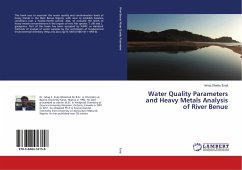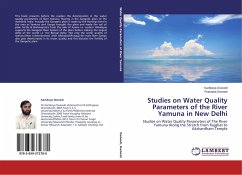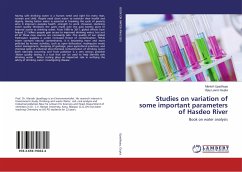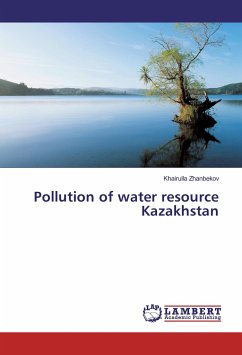Despite the ban in production of Polychlorinated Biphenyls (PCBs) through the Stockholm Convention on Persistent Organic Pollutants (POPs), they continue to be detected in the environmental matrices owing to their persistent, use of PCBs containing equipments, and past use. PCBs in levels above those permitted by Environmental Protection Agency (EPA) in surface water were detected. PCBs have been classified as probable carcinogens by the International Agency for Research on Cancer (IARC) and through research; they have also been classified as endocrine disrupting compounds (EDCs). EDCs have been reported to disrupt development and reproduction even at low concentrations and their presence in the environment poses a risk of adverse health effects to humans and animals.
Bitte wählen Sie Ihr Anliegen aus.
Rechnungen
Retourenschein anfordern
Bestellstatus
Storno

